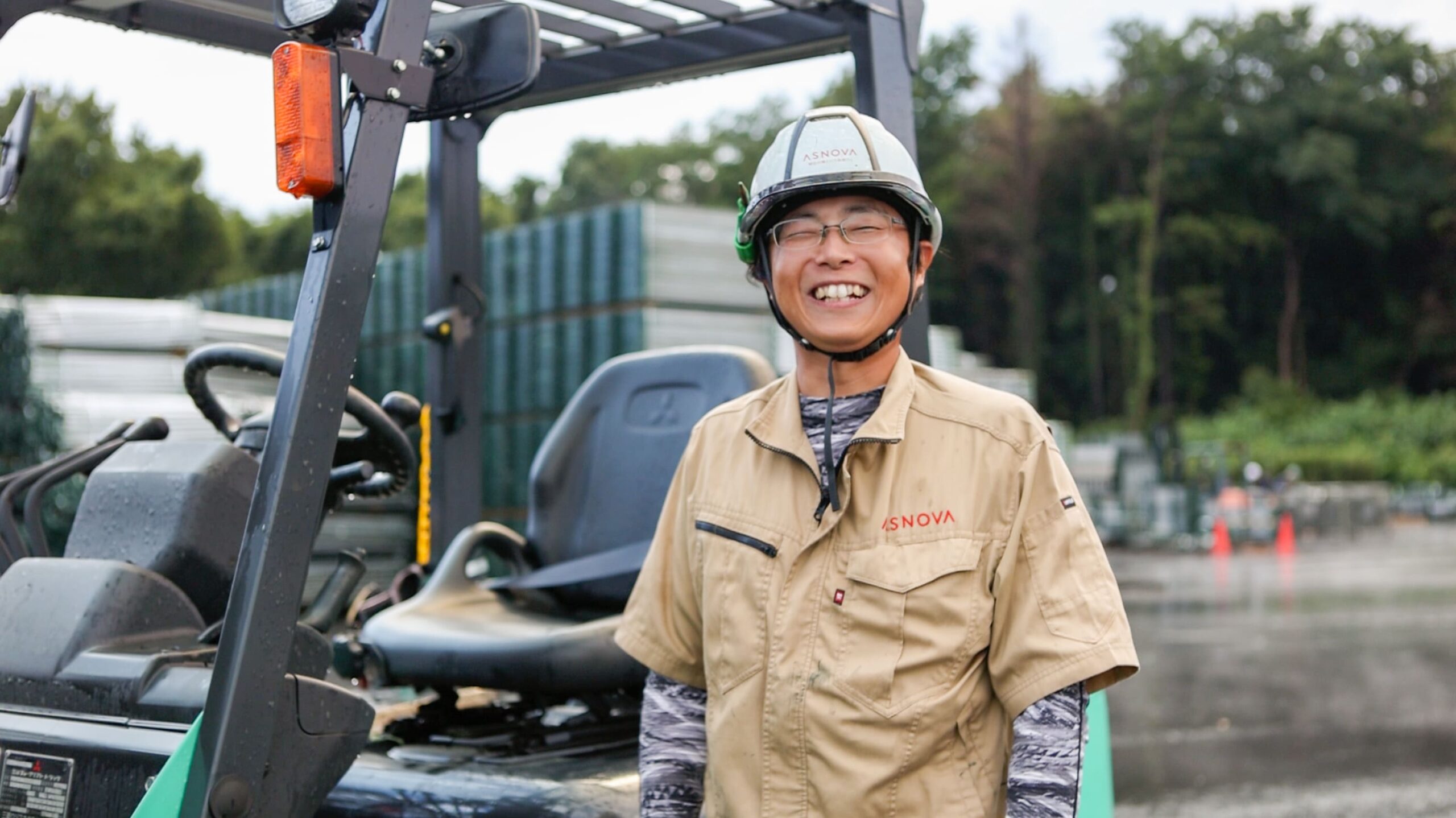A place for agility and repeated experimentation
A small, semi-outdoor space with shutters open on both sides to the street,
Kofu Xiaobai House is located on the corner of a crossroads, about a five-minute walk from Taipei Power Building Station.
The relatively small space of just 20 square meters is mostly taken up by workbenches, with tools such as electric drills, hammers, saws, transformers, and files lined up from floor to ceiling. Beneath the handmade triangular lights dangling from the ceiling, several elderly men were working, muttering to each other.
Kofu Kohakuya is a space where people can repair various things, mainly everyday items. When local residents break something, such as an electric fan or a desk lamp, they bring it here to Kofu Kohakuya. The volunteer "neighborhood uncles" will repair it using the tools available here. As long as you know how to use them, you can borrow the tools available here for free and repair them yourself.
It is neither a shop nor a waste disposal site. Kofu Koshiraya, which has an affinity with the "Repair Cafe" movement that began in the Netherlands in 2009, is full of hints on creating a space where people can bring together the necessary resources when they need them and create only what they need.
Dismantling and reassembling. Thinking about the circular economy through "repair"
The Old Fashioned Little White House was established in 2014 in the Shida district of Taipei, as a result of community activities involving local residents. The idea behind it is the idea of a circular economy. It criticizes the 21st century mass production and mass consumption lifestyle of "buying and throwing away when it gets old" and proposes a sustainable society based on reuse.
"When an appliance or piece of furniture breaks, I think it's strange that you have only two options: pay a lot of money to have it professionally repaired, or throw it away."
During our visit, we spoke with a female volunteer who told us the background behind the establishment of Kofu Kohakuya. In reality, it is often cheaper to buy a new item than to repair it. However, Kofu Kohakuya believes that "old things have a story," and so their motto is to breathe new life into old things rather than throwing them away. In addition to simply repairing items, they also upcycle, rearranging parts to create new items.
"Every Saturday, we gather volunteers who are knowledgeable about repairs and anyone can drop in and bring in things. On Sundays, we invite local residents to come and learn how to use tools and the basics of craftsmanship, including woodworking. On other days of the week, we hold soap-making workshops, so there is some kind of activity going on here every day."
We were guided around to the back of the building, where we found about 20 people of all ages and genders gathered in an outdoor space on the premises, making something. On this day, they were holding a soap-making workshop using recycled oil, mainly for children visiting from Yilan City, Taiwan. Local residents and anyone interested can feel free to drop by Kofu Xiao Baiya.
Creating a community that involves the "old men in the neighborhood"
At Kofu Koshiraya, they don't just focus on repairs, they also place great importance on getting the community involved.
"Everyone who comes here does so because they want to. They're not employed, but participate as volunteers. Through our activities, we also try to gather the opinions of the community about what they want to do with the area."
In fact, many of the tools stored at Kofu Koshiraya were brought by local residents who had been storing them in their homes. By focusing on "repairs," retired elderly men who enjoy working with their hands have begun to participate in community activities, bringing diversity to community activities that had previously been dominated by women.
"If you want to use a tool, you can borrow it for free, and repairs are basically free too. In return, we provide other tools, and if people have any skills, we ask them to share them. Our intention is to encourage people to give back to the community in a way that doesn't involve money. In this way, the circle of the community continues to grow."
If you want to borrow a tool, all you have to do is take a photo of the item you want to borrow and post it in a LINE group for community members; the system is simple, and the service operates based on the trust of the community.
I thought it was strange that when an electrical appliance or piece of furniture breaks, you only have two options: pay a lot of money to have it professionally repaired, or throw it away.
Volunteer woman
The second base will have a food theme
Bring together the necessary resources when you need them and create only what you need.
Everything has a lifespan, it is born and then it disappears. When this lifespan comes to an end, instead of immediately throwing it away, the spirit of a recycling society, of making use of it or giving it a new life, is alive not only in the act of "repair" but also in the way Kofu Koshiraya creates its space and manages its community.
The success of Kofu Koshiraya has also led to an increase in community spaces, and with support from the local government, multiple centers are currently being created in the area.
The second base, located about a 5-minute walk from Kofu Koshiraya, has a theme of "food." This time, instead of tools, the kitchen and a large dining table are lined with cooking utensils brought in by the local community. People cook meals together and eat at the table with the local residents.
The cups and vases are made from old sake and wine bottles, cut and sanded with a glass saw from Kofu Kohakuya. The handmade desk lamp is also made from upcycled glass bottles. Here again, the "make it yourself" motto is alive and well.
What was previously a dirty backyard has been turned into a lush oasis with plants planted by community members. One of the elderly male volunteers operated an app, and mist came out from hoses set up in various places. Because it is a place managed by multiple people, watering and other processes have been digitized. Of course, it was the community members who volunteered who created and implemented the system. "We created it because we needed it," the volunteers themselves say with a modest laugh.
It is not an overly perfected space created by large capital. It is a relaxed, temporary space that brings together a variety of people, exchanging ideas and testing new ventures. Perhaps what we need now is this kind of "light-footed," temporary, prototypic space-making. Perhaps it is precisely because of such a place that we are able to create spaces that are flexible and resilient to the changes of the times. Kofu Kojiraya poses such a question to us.
I made it because I needed it.
Volunteer community members
| What is "POP UP SOCIETY"? |
"POP UP SOCIETY" is an irregularly published magazine that ASNOVA ran from March 2020 to March 2022 with the aim of getting the general public interested in the industry and contributing to the mid-to-long term shortage of young talent in the temporary construction industry. It introduces unique and experimental initiatives from Japan and abroad through interviews with people and companies, experience reports, and more, focusing on temporary construction. |
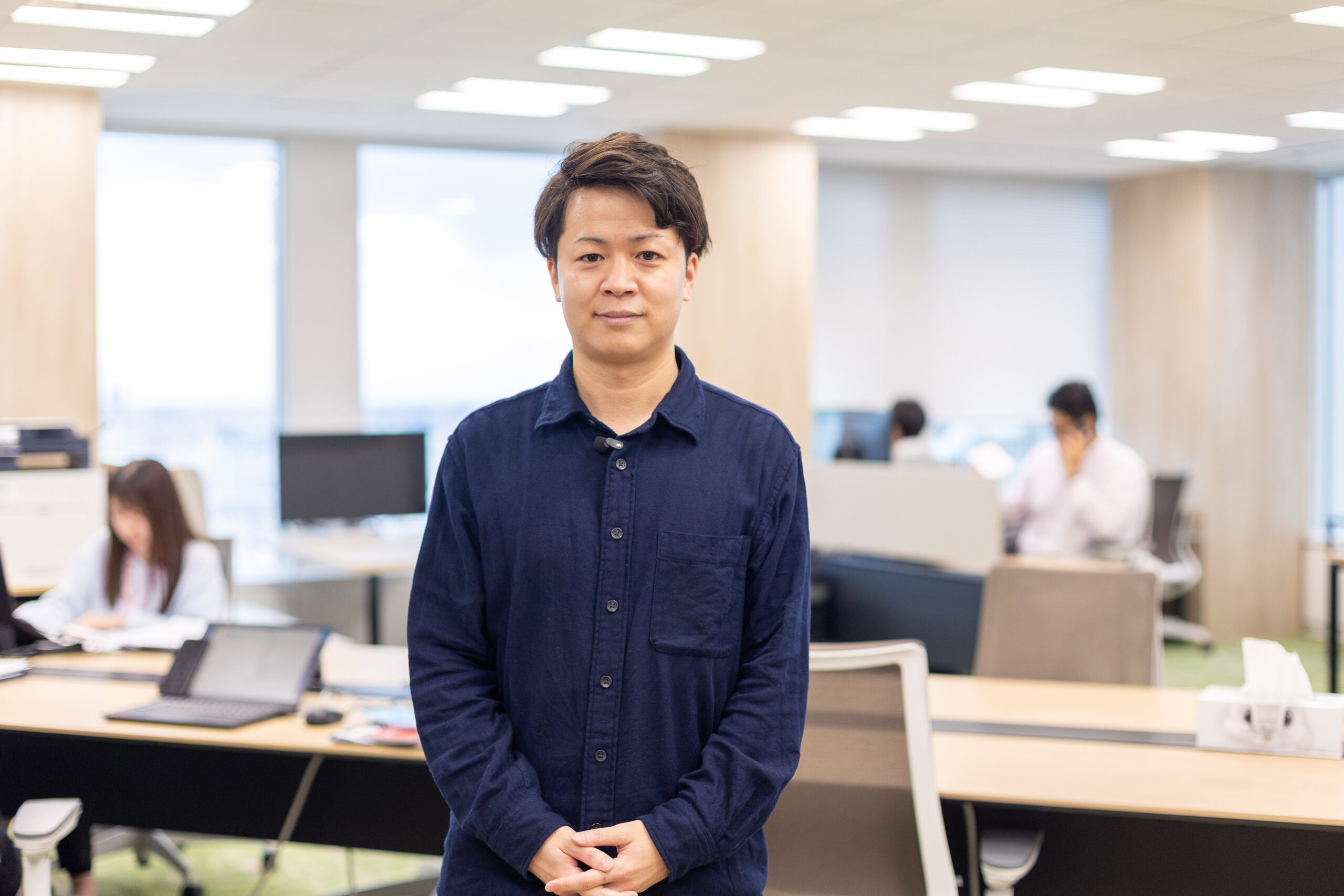








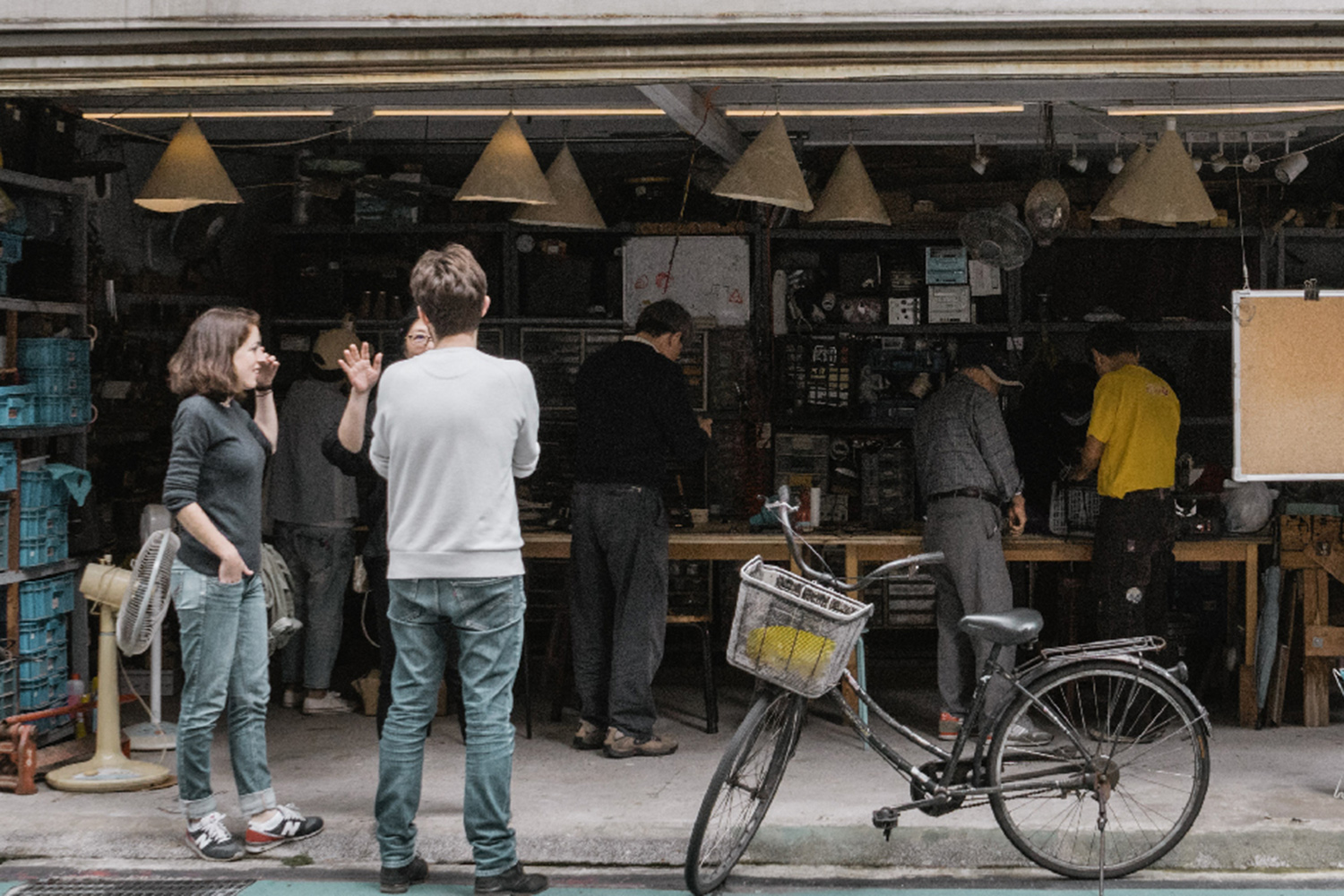
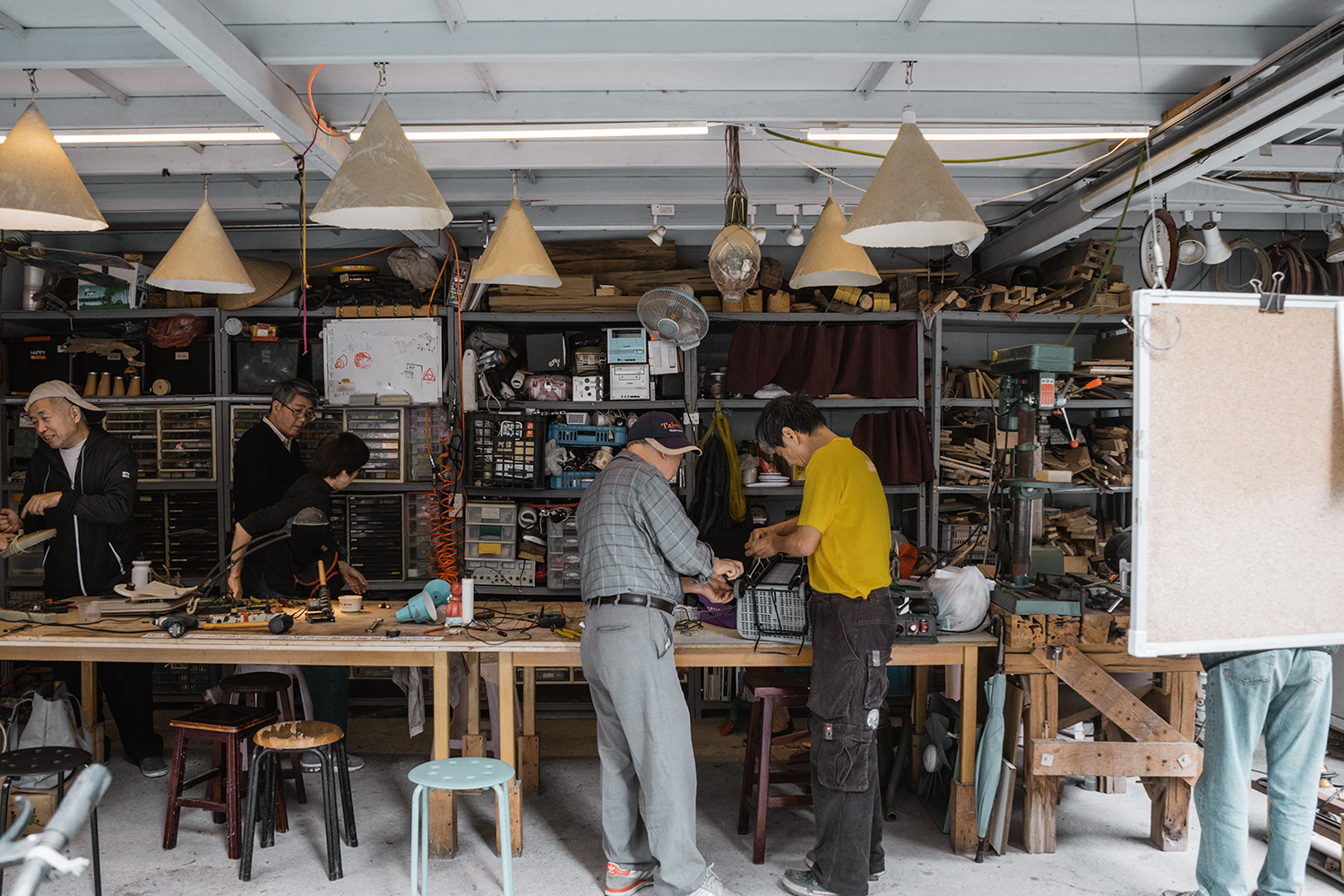
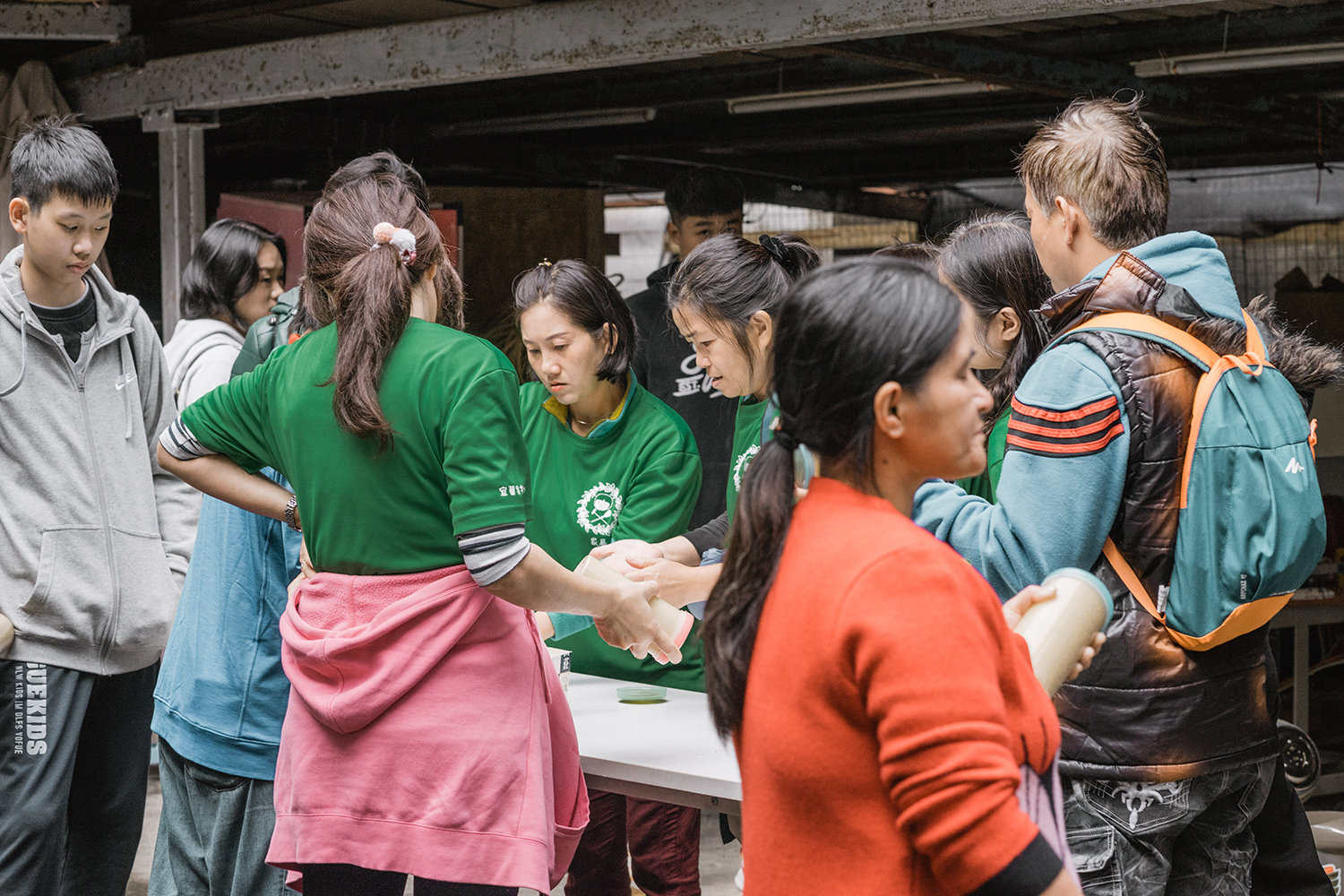
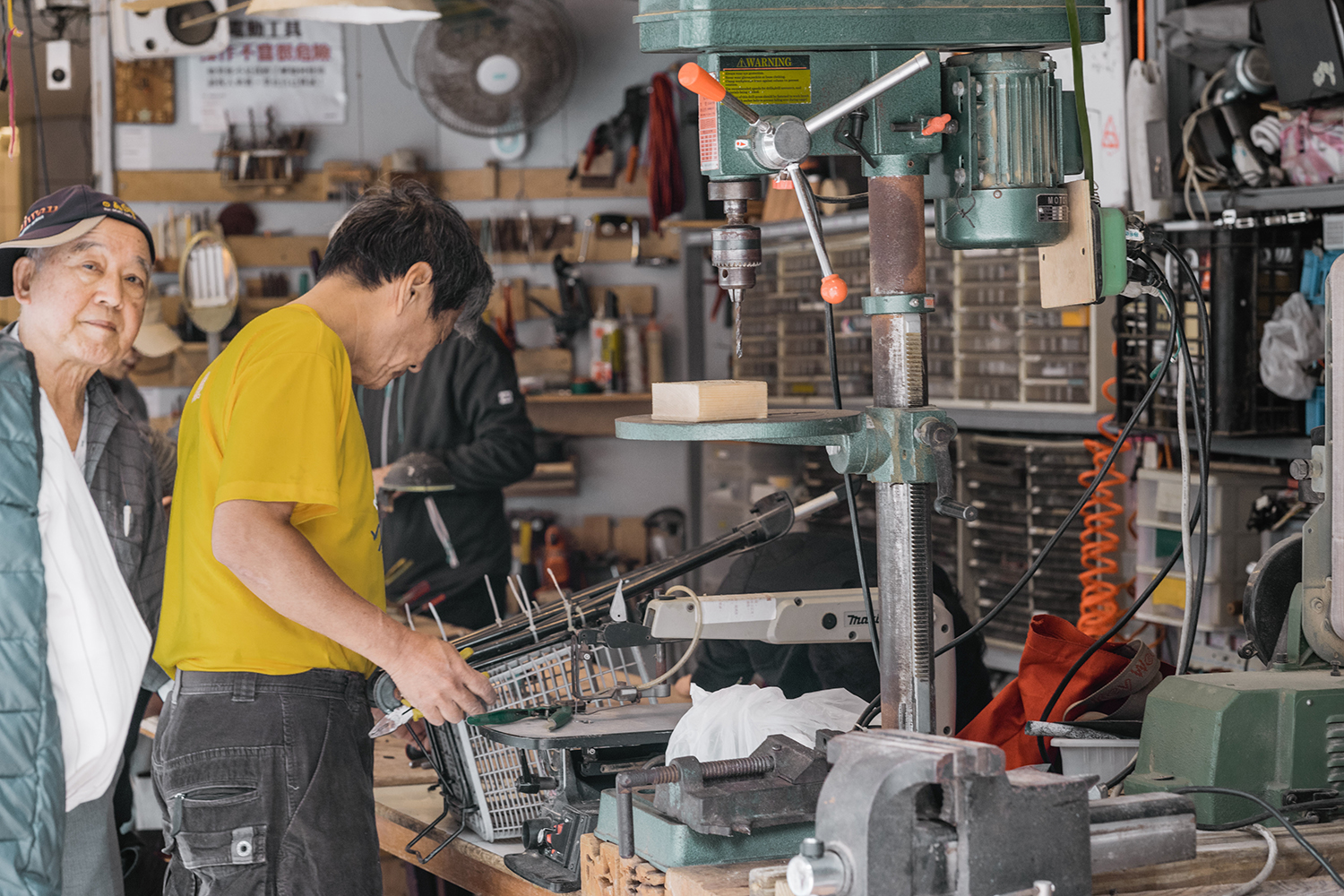
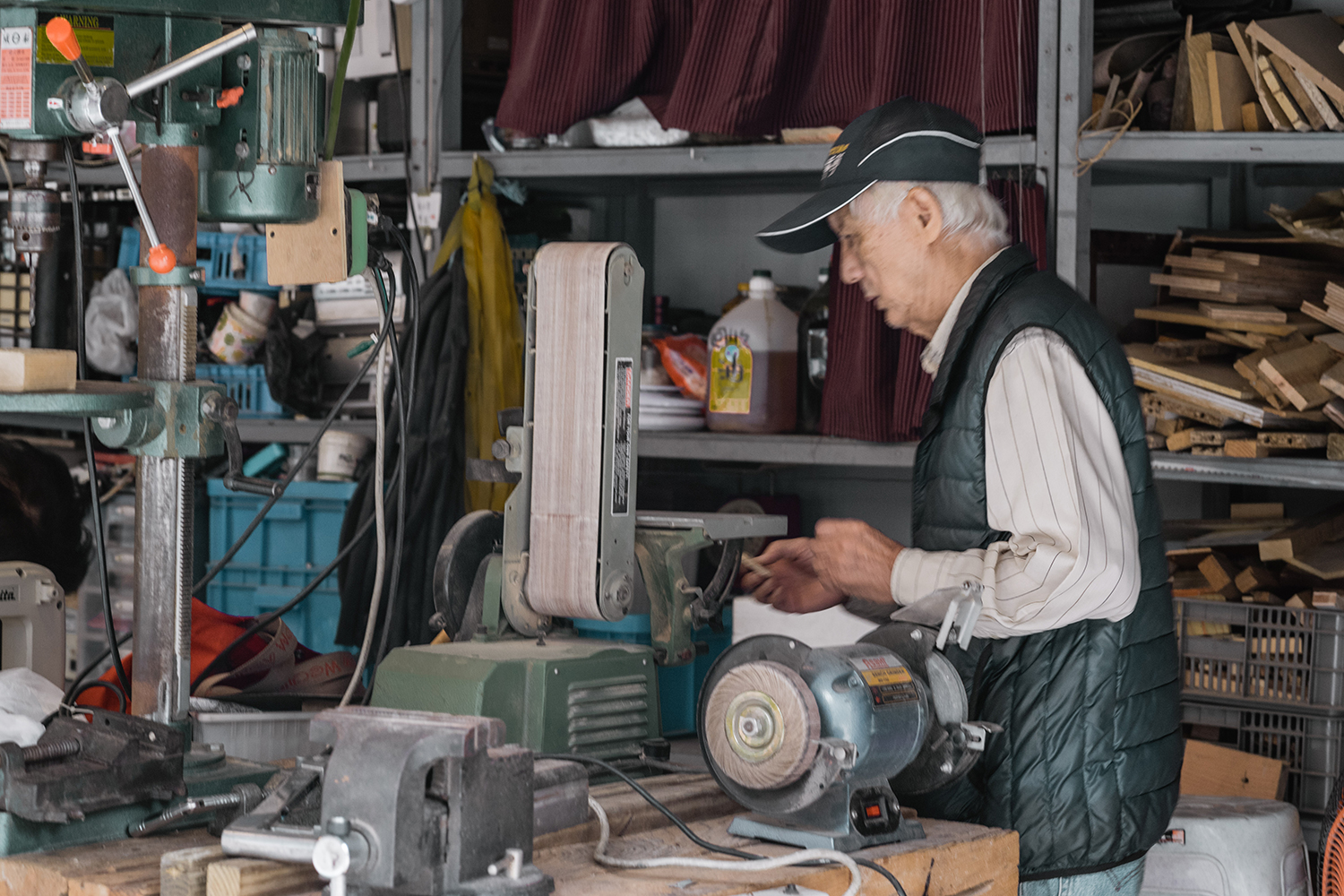
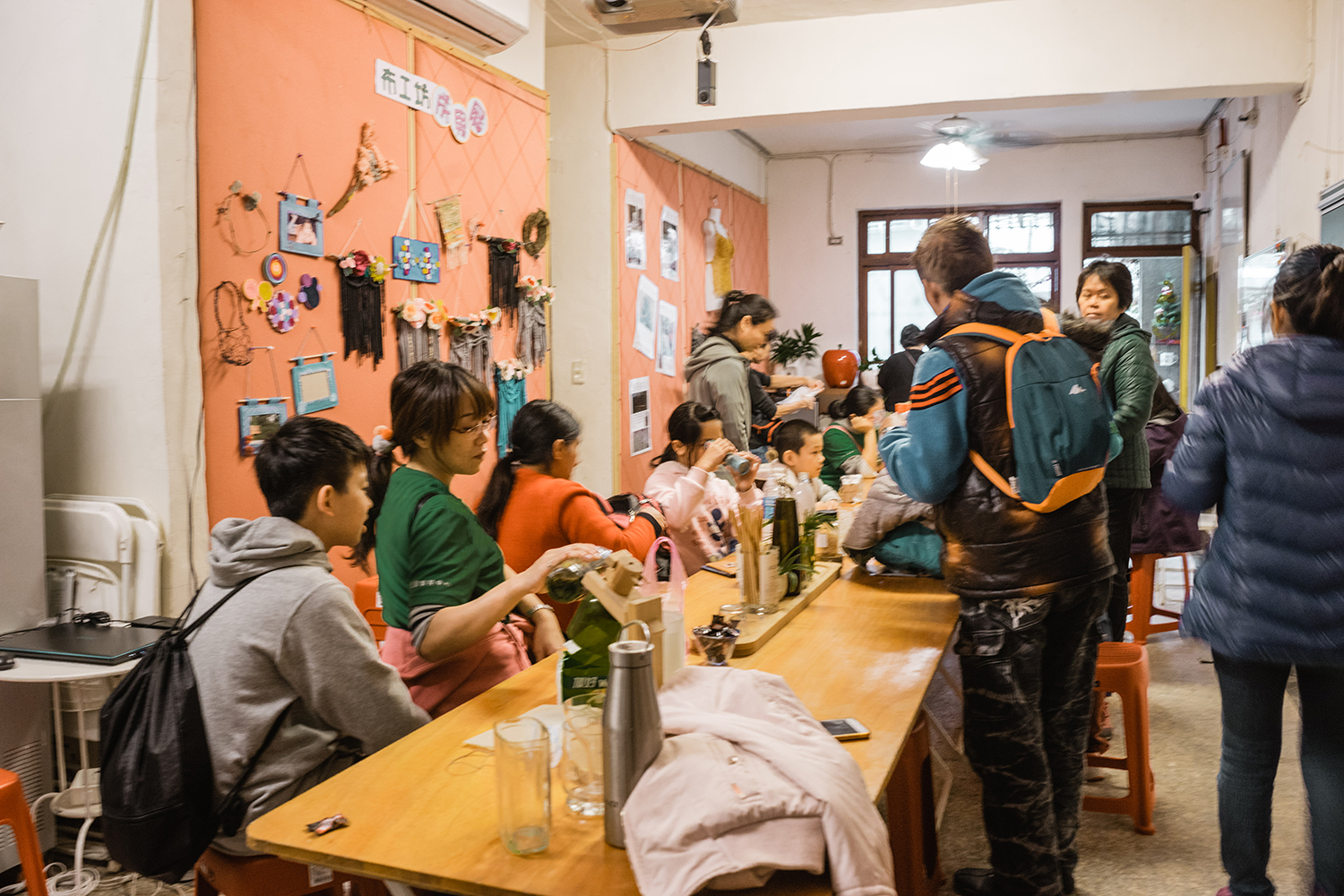
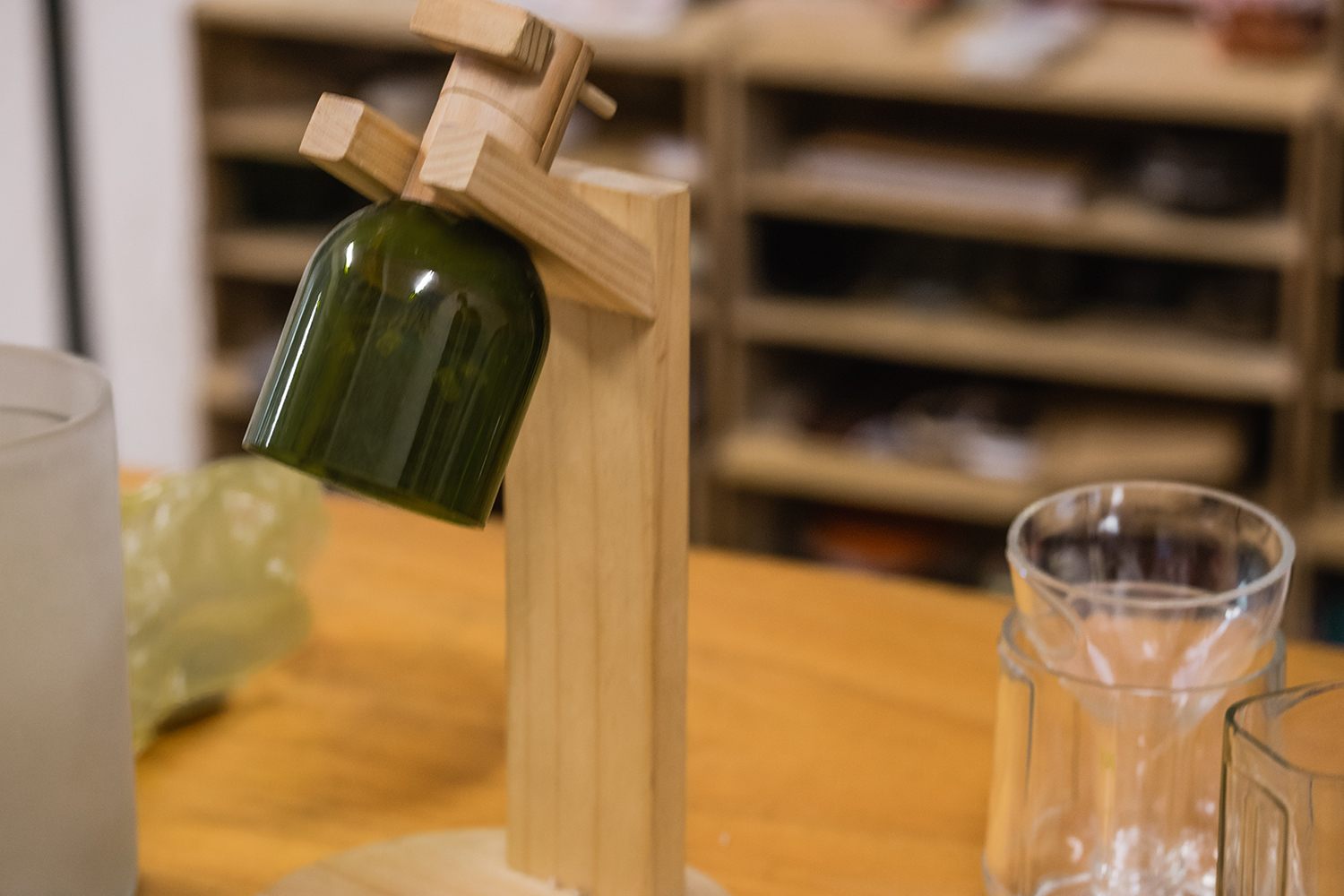
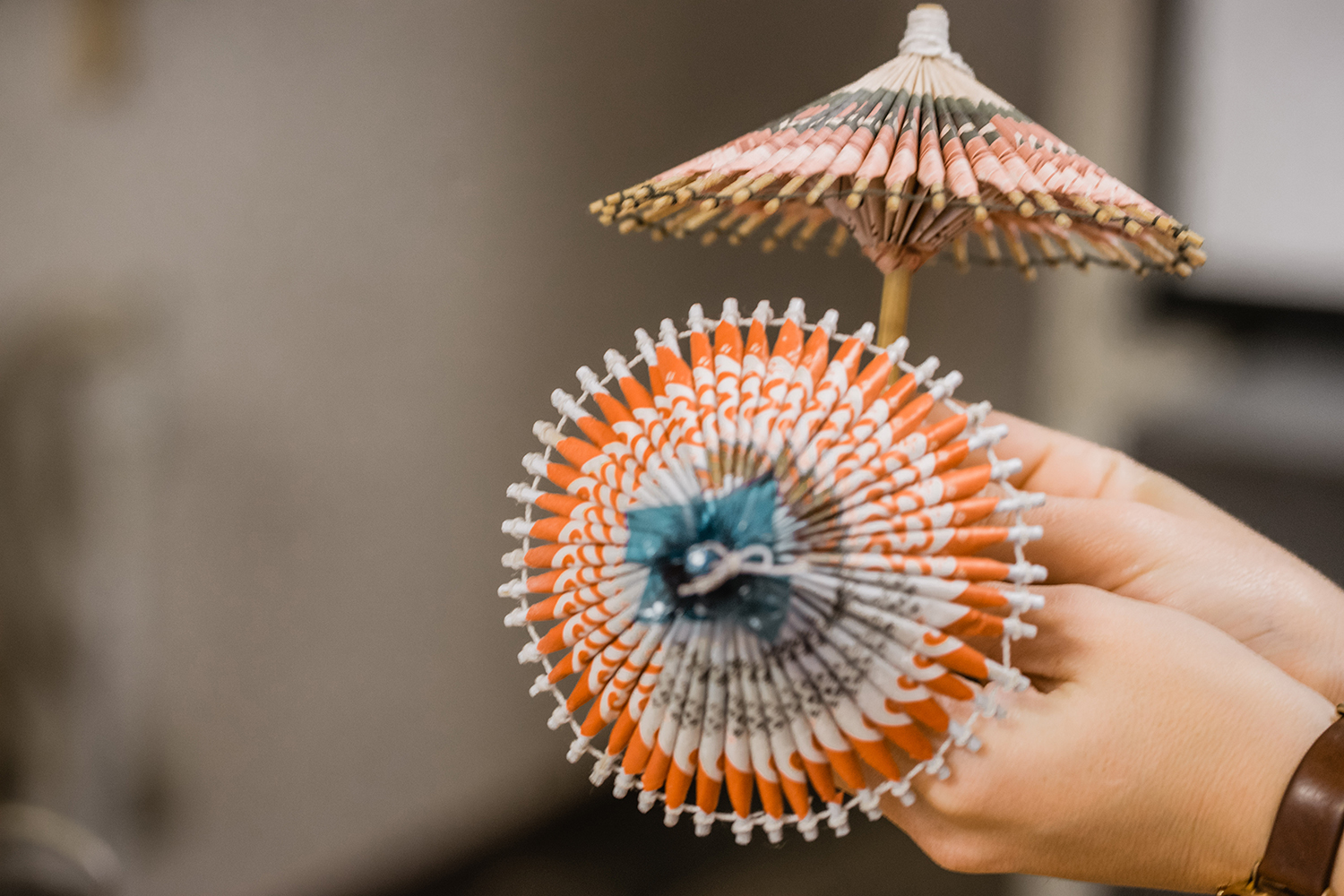
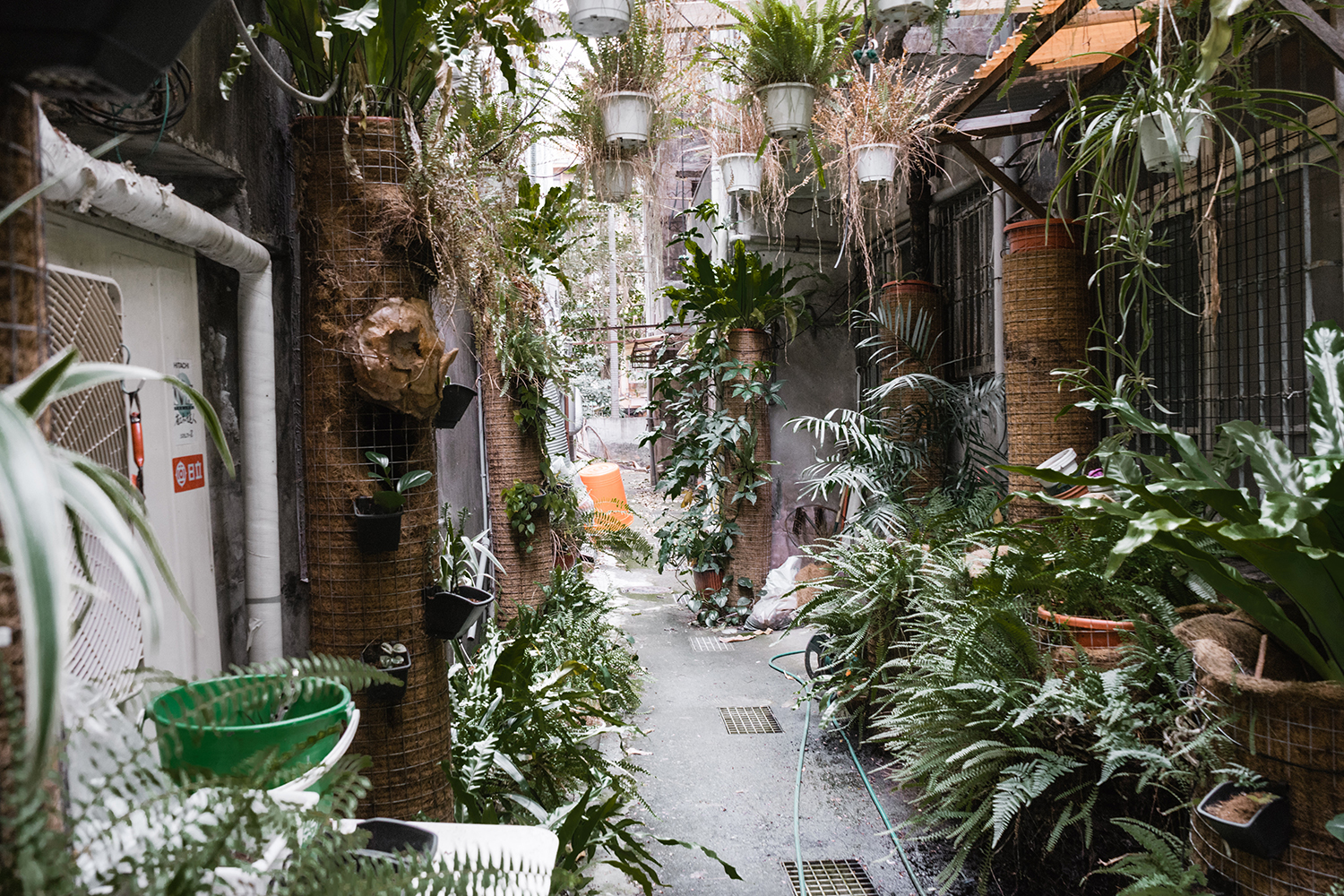






![[Circulation Project Discussion Vol. 3] It all started with "it looks fun." Rediscovering "ASNOVA's uniqueness" from a realistic perspective](/wp-content/uploads/2025/12/250808-41-scaled.jpg)











